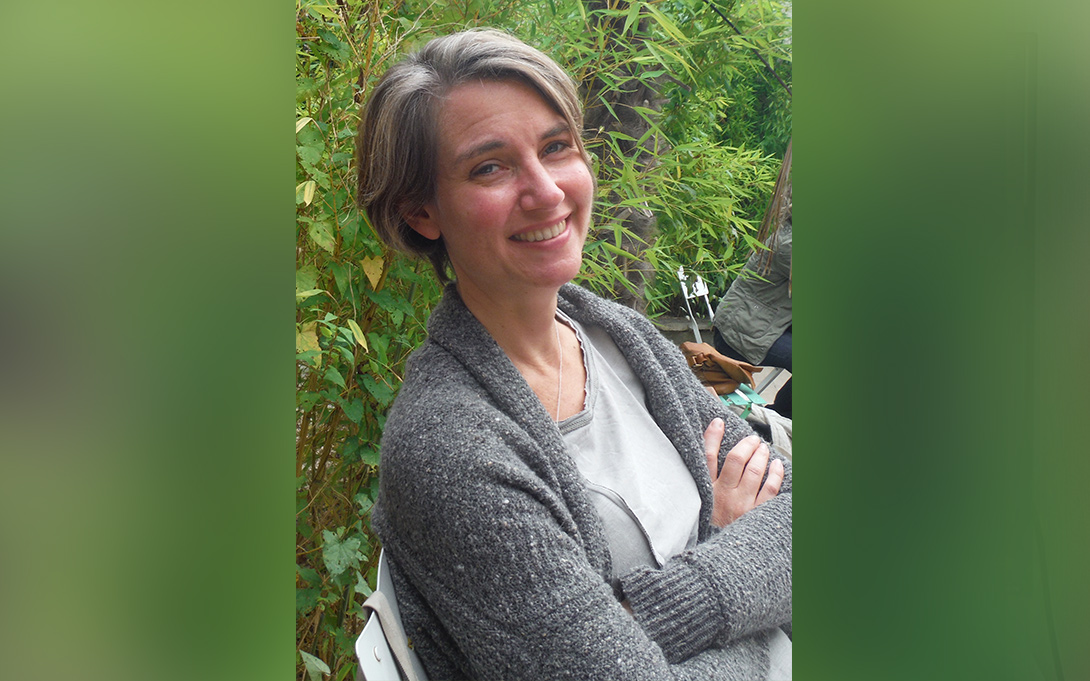
Human well-being is often measured by economic prosperity metrics, like GDP and poverty rates. In a new article in Daedalus, “Governance for Human Social Flourishing,” Jenna Bednar argues that the framing needs to be expanded beyond purely financial targets to include an emphasis on community, human dignity, sustainability, and beauty.
“Economic prosperity has a far from perfect correlation with the less material and measurable goals that create meaningful lives: feeling needed by and belonging to a community, having purposeful work and agency in one’s life, and having opportunities to feel satisfaction and joy,” Bednar writes.
By instead focusing on the four pillars she presents, Bednar fills in what economic prosperity measures miss—namely, peoples’ relationships with each other.
“The impossibility of a universal vision, and the importance of collaborative connection to rebuild prosocial norms, means that supportive public policy needs to be local, enabling different communities to envision their own way forward,” she says.
The four pillars of Bednar’s research and policy agenda create a roadmap for creating those policies.
Bednar explains how each pillar contributes to human social flourishing:
- Community, both social and physical, encourages shared understanding, trust and inclusion.
- Human dignity conveys mutual worth and supports human agency and belonging through mutual respect.
- Sustainability acts as a precondition to flourishing; it requires entrusting one’s fate to each other.
- Beauty, whether natural, built or conceptual, invites and conveys respect and reminds people of their humanity.
“Each of these aspirations—dignity, sustainability, community, and beauty—demands an appreciation of the significance of our relationships to one another,” Bednar writes. “And each is at least partially local in scope.”
By decentralizing and reorienting our system towards collective interests like the four pillars, Bednar argues that we can achieve a more just, sustainable and inclusive future.
“We are at a critical juncture and a moment of choice. We need a reorientation of our public policy and our political economy to make the economy serve society, and not the other way around,” Bednar concludes. “The act of rebuilding those connections, reprioritizing them, will help us stitch back together our social fabric and revive the norms that make democracy and the rule of law work, ensuring progress toward dignity and saving the life-giving beauty of the planet we all call home."
Read the entirety of the article.
